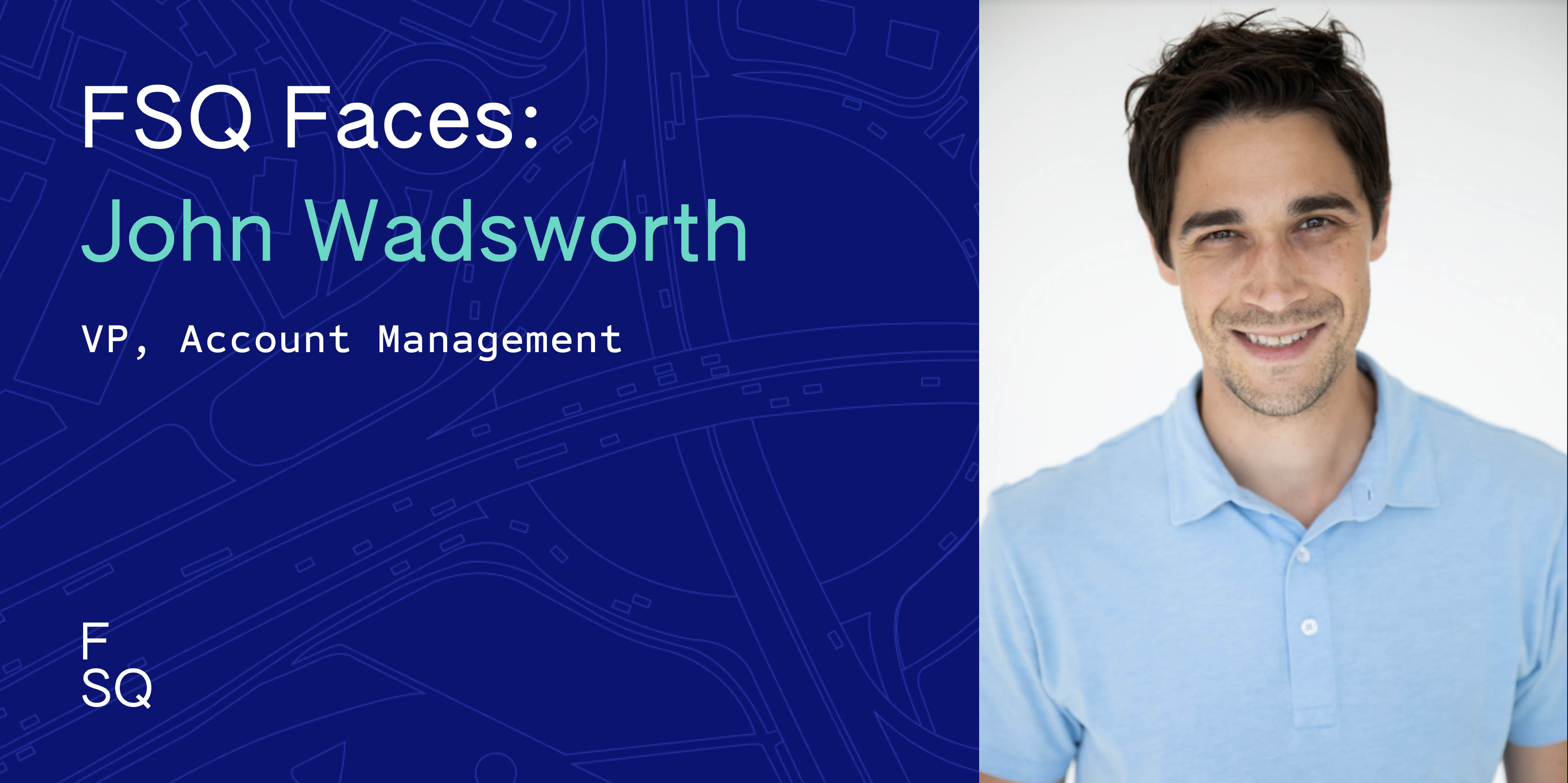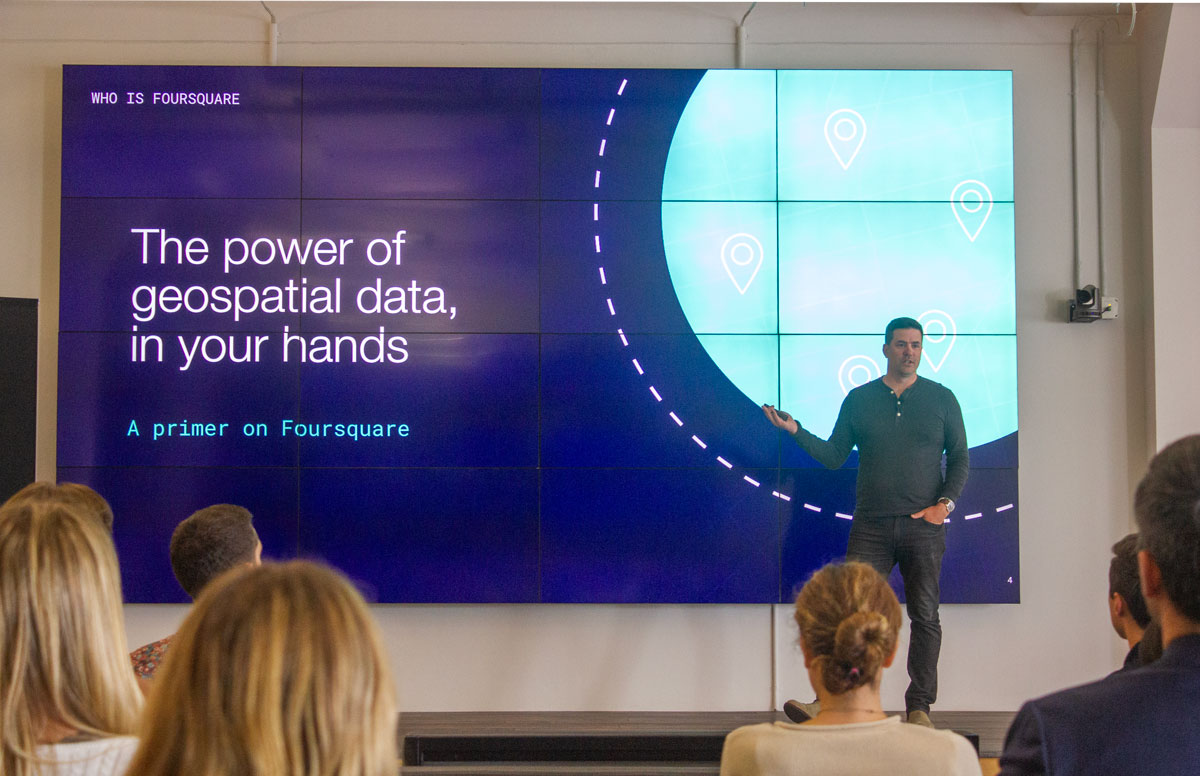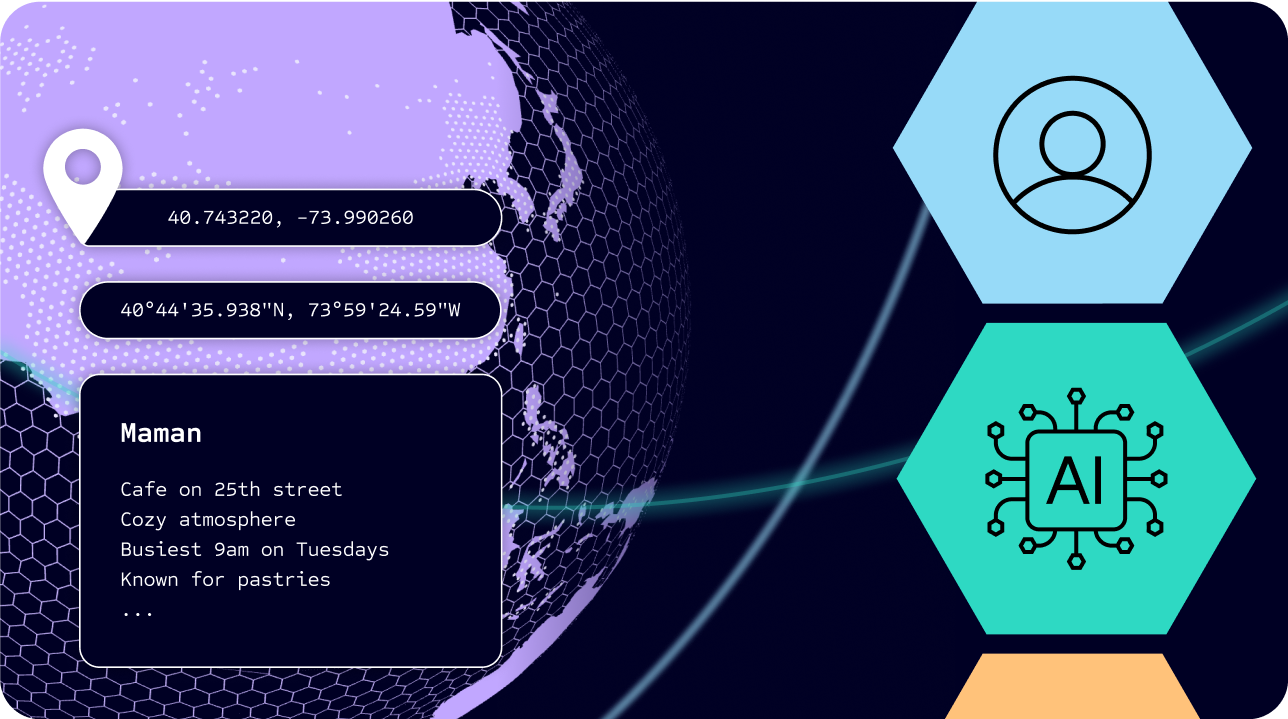Today, location privacy tools hit the market almost daily—whether it’s iOS 13 and its expanded notification screen, Google’s incognito mode, or AndroidQ—proof that even if Congress continues to drag its feet in creating and passing data privacy regulation, companies will do more to offer consumers real choice about whether to share their whereabouts.
These releases are steps in the right direction. Foursquare is a location technology platform: meaning we offer tools to developers, marketers and consumers, all based on understanding foot traffic and how phones move in and out of 105M places. As a leading location technology pioneer, we’ve been vocal about how we view privacy safeguards and opt-in consent, and we’ve upheld what we believe are platinum-level ethics and privacy approaches across several dimensions.
In the lead-up to CCPA and other state regulations going into effect in 2020, tech companies are deciding now how to upgrade their apps, services and privacy policies. Given our position in the industry and the expertise we’ve accumulated working with so many location-dependent partners, it feels right to explain our approach with the goal of leading other companies to adopt similar standards.
What is informed consent?
We believe informed consent means that a consumer should understand the terms of an exchange. As we see it, there are levels: Platinum, which best encompasses our industry-leading approach; gold; and silver.
Today, most consent disclosures are silver, which is essentially a privacy policy and consumer consent check-box. Companies run afoul of this accepted approach if they fail to act consistently with their terms & conditions and privacy policy—though this happens infrequently, as the rules are so lax. While this approach may be legal, we don’t believe it’s satisfactory, and we constantly work with partners and companies in the tech space to explain how to upgrade.
A gold standard is layering in clearer language—either in the privacy policy, on an app website, or elsewhere within the product—but not utilizing safeguards of any type. In a nutshell, being clear with consumers but not treating the data with the respect it deserves.
Foursquare believes in doing even more, and we want the industry to follow suit. Our platinum approach is visible with our owned and operated apps, Foursquare City Guide, Foursquare Swarm, and the Panel app (an app we recently acquired with the purchase of location tech company, Placed). As a starting point, our opt-in consent notifications, shown to all new users, goes well above the current law.
In our opt-in screens, we explain why we want to access location and state clearly that we share the data with partners. Even though these consent screens are small and have very little room for text, we touch on what the data is used for and whether it is shared with other companies. More details are available, in plain English, on our website and in our privacy policy. Plus, we have a web page where we explain our privacy stance in even more detail. We believe people should know how an app uses location to enhance the consumer experience, and also that the data may be shared with partners to develop relevant offers, personalized advertising, or measure ad effectiveness.
Other companies should follow suit. It’s in their best interest! Not only is it respectful to consumers and what they want now, but location permission opt-in rates are higher when accompanied by a strong use case and/or well-presented explanation screens. Objective Zero, a not-for-profit mobile application that leverages Foursquare technology to combat veteran suicide, has found its opt-in rate as high as 80% because of user value.
Why isn’t everyone doing this?
Legally, companies are not required to be this upfront with their consent screens today. There is no U.S. state or federal law that outlines what is required by apps and developers. At Foursquare, we work with all of our partners to explain what we think is platinum-grade, but we are not able to demand this standard from other apps. In a competitive market, other more lenient competitors do not require this approach and it may quickly become a race to the bottom. We are told by many partners that our view is just Foursquare’s opinion, and that they are following the law. These partners are not wrong.
However, we believe they—and the location industry at large—can be better and we want to help them do so. And as a trusted partner, we can continue to encourage and ask for change from the inside out. We already vet our partners to ensure our other criteria is met (more details below). It’s in all of these ways that we can make a difference today.
It’s about more than just consent screens
Clear opt-in consent screens should be an easy and fast fix for apps across the board. Hopefully one day, they will be.
But it’s not just about consent screens. A platinum-grade privacy stance also includes ensuring that every app that asks for location permission has earned the right to ask for consent. That means having a true value exchange: consumers must genuinely benefit from the collection of location data. That may include local or personalized content, personal lifelogs and geo-features, and local discounts, offers or direct payments based on confirming visits, answering surveys and the like.
A platinum-grade privacy stance is about having safeguards to protect location trails and sensitive locations like visits to specialized medical centers, and ensuring that these visits don’t ever impact a person’s civil rights. It’s about ongoing consent—making it easy for a person to change their settings, or ask for their data—and that consumers have the right to delete that data. It’s about doing no harm for those who do choose to opt-in. Consumers trust us with their data: at Foursquare, we treat it as privilege.
Opt-in location consent can’t and shouldn’t be looked at in isolation. As a company that’s 10 years old, a leader in the location space, we will continue to lead by example. In this age of rapid innovation, we’ll continue to share what we believe with consumers, our partners, and the public, hoping for change that elevates the entire industry to platinum level.



